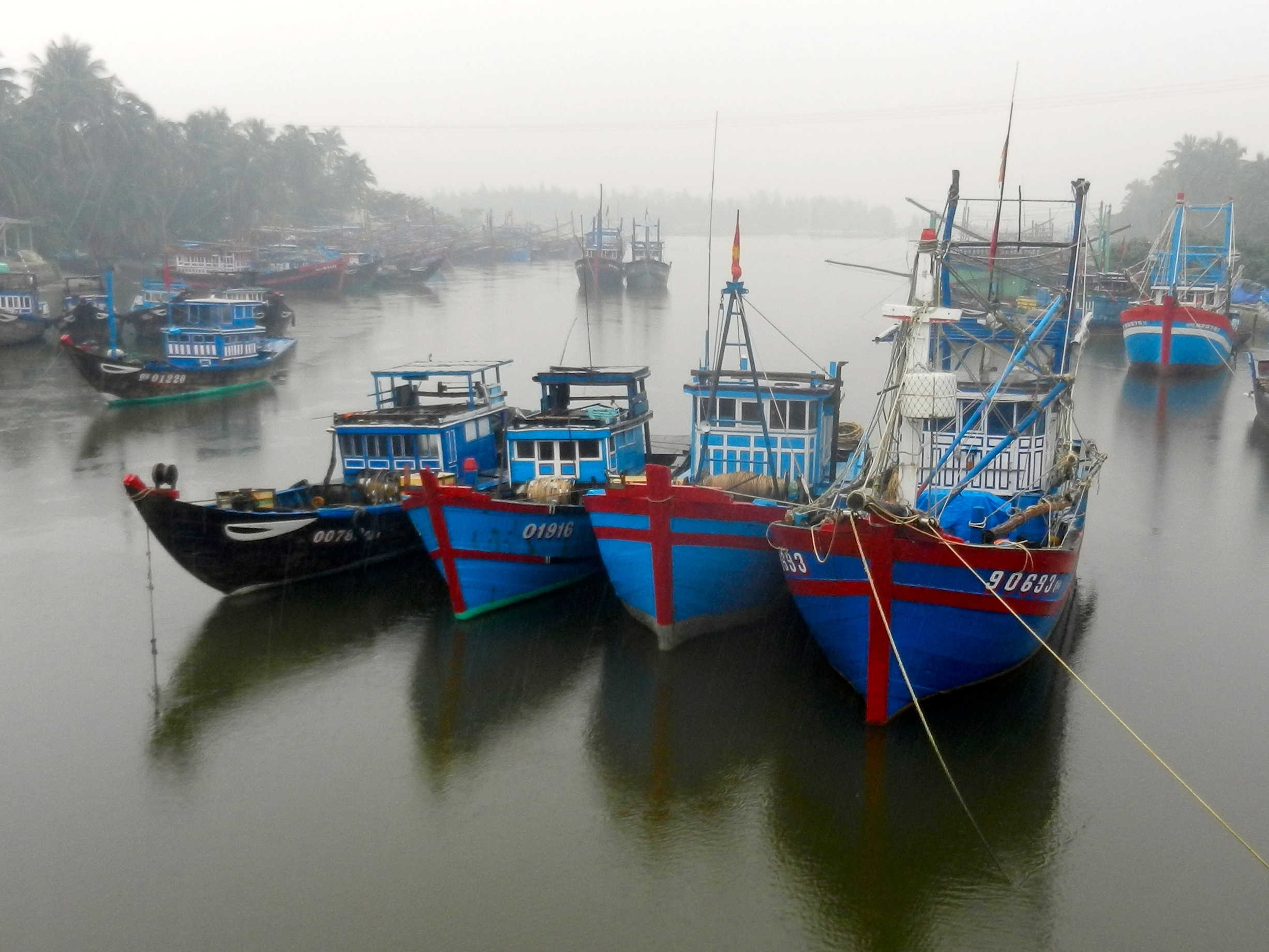Insight
Vietnam’s response to the coronavirus has been very effective, but for some reason it doesn’t make the headlines the way Taiwan, South Korea and New Zealand’s actions do.
Vietnam was an early hit in Covid19 coverage with its very catchy handwashing song, but since early March, there hasn’t been that much in the news here about how Vietnam is going with the coronavirus. Which is surprising, as there are strong cultural links between Australia and Vietnam. So what is happening?
The official statistics on 2 May are that Vietnam has had 270 confirmed cases and no deaths. Is that believable? From everything I can see, it is pretty plausible. This article argues that Vietnam may have had the most effective response anywhere:
What is significant is the ratio of tests to confirmed cases, and that ratio in Vietnam is almost five times greater than in any other country. Testing was followed by strict contact tracing (including secondary contacts) for anyone known to be infected, immediate isolation followed by quarantining, and the prompt creation of a real-time database and two mobile apps by which people could record their health status and symptoms. All this was backed up by the mass mobilization of the country’s military, public security forces, the health care system, and public employees, and an energetic and creative public education campaign that included TV cartoons, social media, and posters that draw on the traditional iconography of official propaganda but replaced heroic workers and peasants with heroic doctors in face masks.
This graph from Our world in Data confirms that the metric that Vietnam leads the world in is tests per positive case. This article talks about many of the low-tech ways in which Vietnam has taken action.
Investments in mitigation and response can take other simple yet powerful forms. The song ‘Ghen Co Vy’, which went viral globally (no pun intended) after appearing on Last Week Tonight with John Oliver, helped build public awareness of the virus and the importance of hand-washing.
As the global pandemic worsens daily and uncertainty envelopes much of the world, Vietnam’s experience demonstrates how, by focusing on early risk assessment, effective communication and government–citizen cooperation, an under-resourced country with a precarious healthcare system can manage the pandemic.
There are those who wonder whether an authoritarian state like Vietnam is hiding an outbreak. But it seems implausible, based on everything I’ve read. Just as in many other cases in Asia, the memory of SARS in 2003 has meant that the government has reacted swiftly, and effectively.
Link
When and whether to open schools continues to be enormously controversial here in Australia. Internationally, The Economist is arguing that the cost to children of losing education is too great to keep schools closed, given the available (not conclusive) evidence of whether children are likely to spread the disease to other people.
Poorer children suffer most. Zoom lessons are little use if your home lacks good Wi-Fi, or if you have to fight with three siblings over a single phone. And whereas richer families often include well-educated parents who prod their offspring to do their homework and help when they get stuck, poorer families may not…
…Nor is there evidence that children who do end up catching the disease are silent spreaders who pass it on to their families. Researchers in Iceland and the Netherlands have not found a single case in which a child brought the virus into their family. The European Centre for Disease Prevention and Control, the European Union’s public-health agency, said last week that child-to-adult transmission “appears to be uncommon”.
Some of these conclusions are based on small samples. Perhaps children have not been seen to transmit the disease because schools were shut early rather than because they pose no special threat. Perhaps they will start to spread it in the playground…
…Reopening schools may feel like a rash experiment with young lives. In fact it is an exercise in risk-balancing. Schools are the most powerful engines of social mobility in any society. Let the children in, and let them learn.
Life Glimpses
From 1 May, NSW relaxed the lockdown rules slightly, so my mother came over for dinner on 1 May. While we’ve been talking most days (sometimes just physically distanced at her front verandah) it was very nice for all of us to have her over for our traditional Friday night pizza. And she even made us some of her trademarked lemon shortbread (as we had managed to source some flour for her the week before).
Bit of Beauty
Some very picturesque fishing boats from Vietnam – virtual travel today to a country that seems to have managed the outbreak well.


Jean, Pizza, lemon shortbread, Canaletto photo – life is beautiful. Thanks for pointing out the positive
Love Marta
It is interesting to note effective communication as one of the things to focus on. If I look at the communication in NSW for the fires it was excellent. This was done via Emergency updates, we received texts when something was affecting our area, clear information from the commissioner and we also had local meetings which were streamed where information and instructions were clear and pulled no punches about what the choices were and what was advised. Mostly all of the information was delivered by the experts. Often the info about COVID-19 is confused and often does not address what people are seeking to know. Being a new disease there is things that nobody knows yet, but this needs to be made clear.